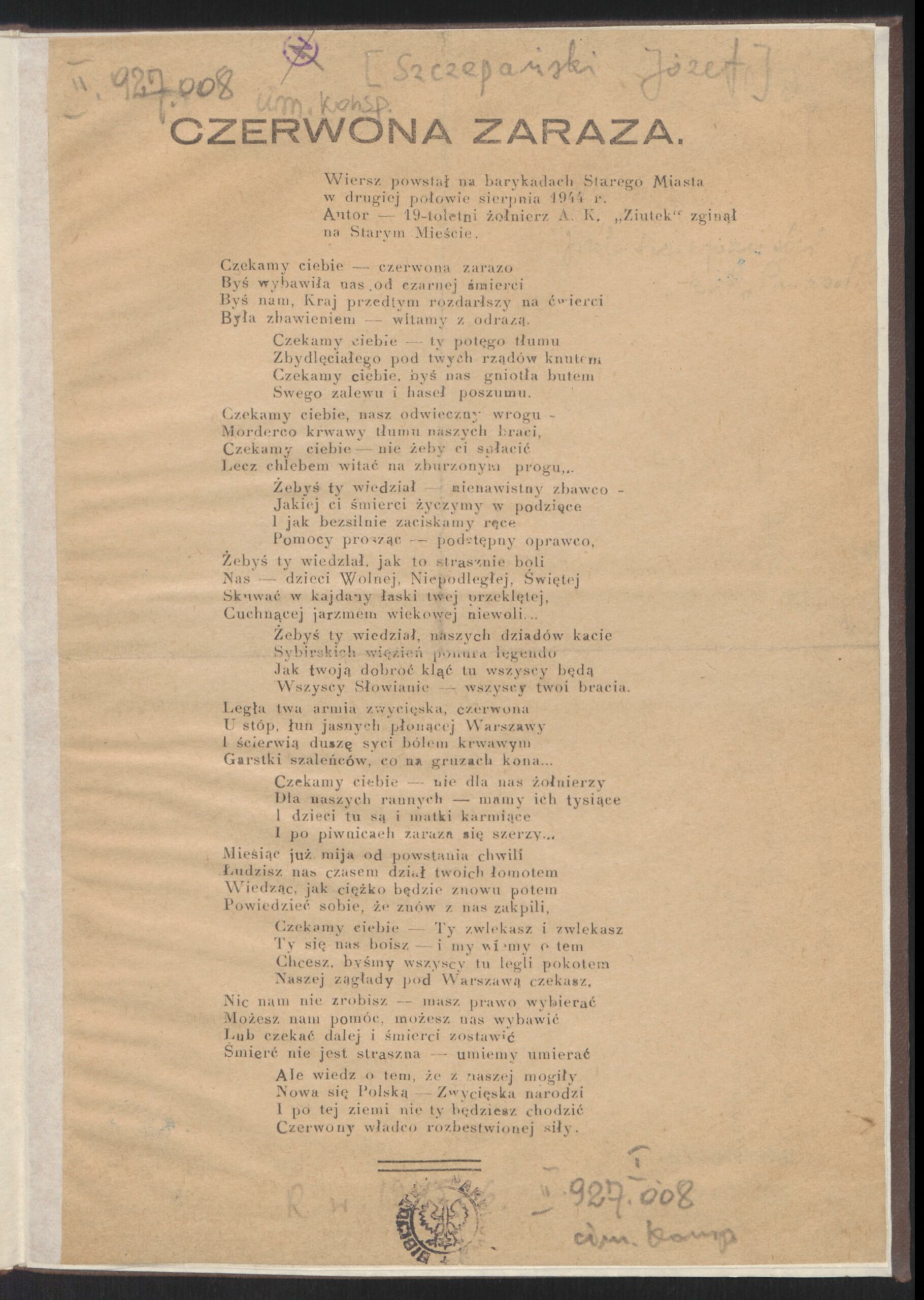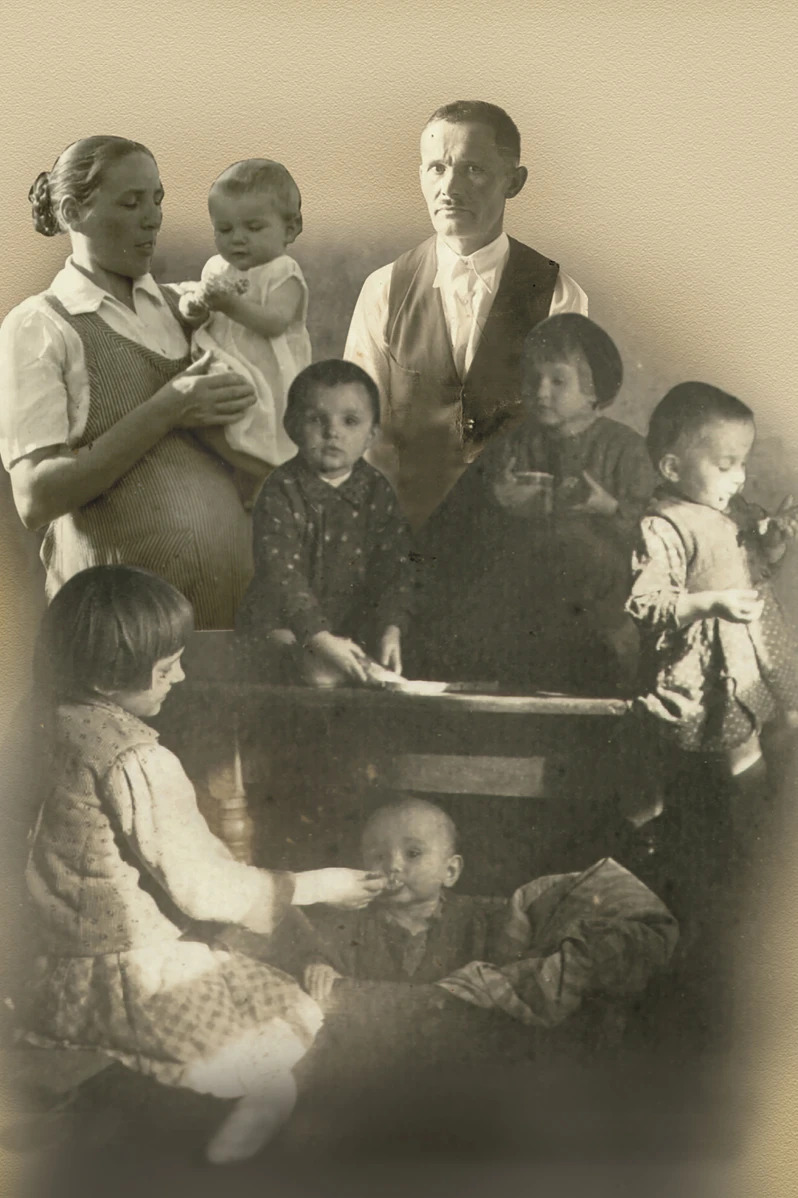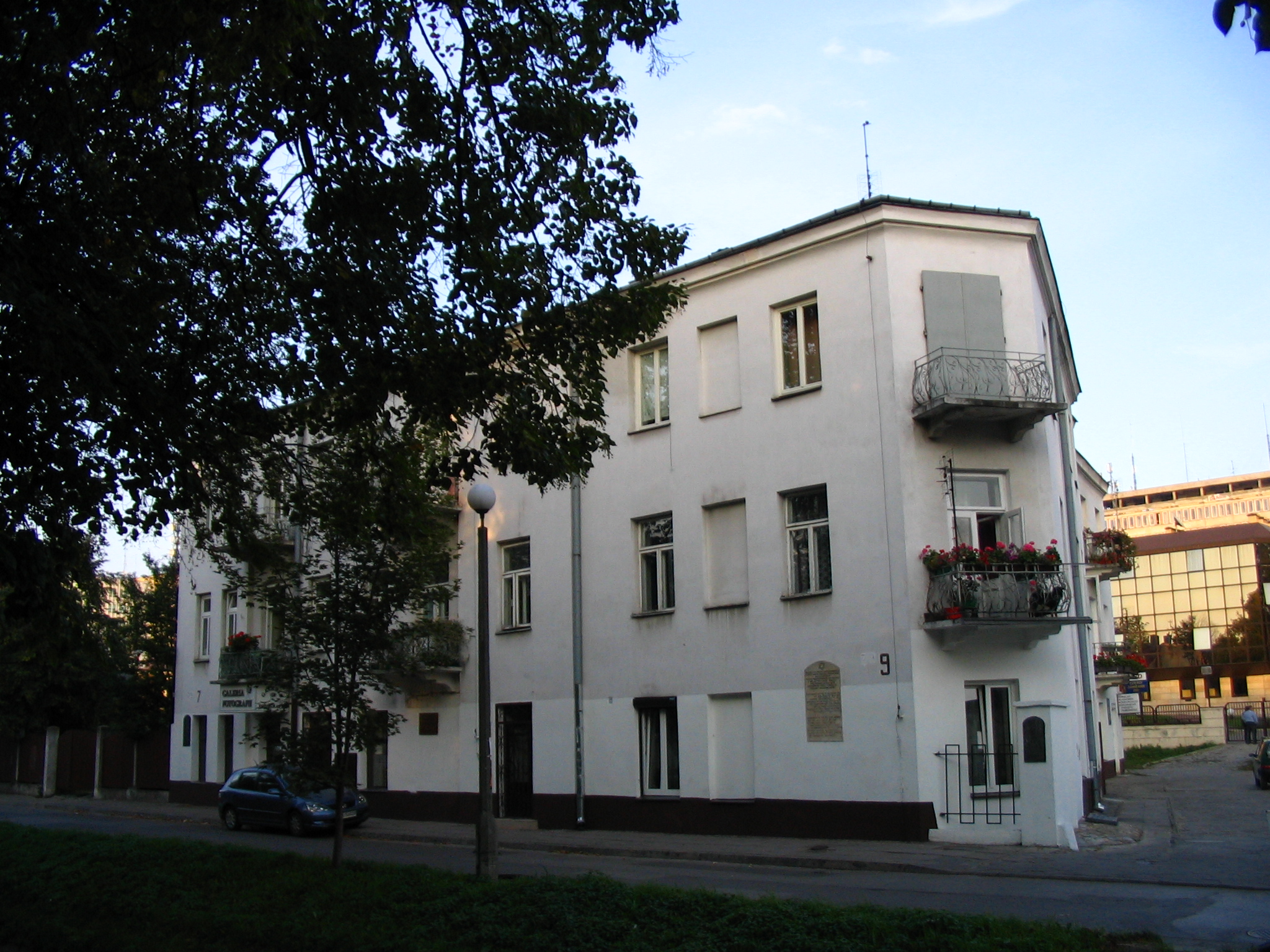Proverbs and linguistic remnants of cholera – Warsaw Uprising Monument
Fact of the Polish figure „Plague image in Culture”
Part of the „Pandemics” topic
Because of the social trauma associated with the epidemic, a kind of taboo was imposed on some of the words connected to it. An example of this might be cholera, spread to Polish lands through Russian soldiers during the November Uprising which started in Warsaw in 1831. There was a superstition that the very use of the name of the illness was supposed to induce it, and over time it became a curse word, actively functioning in the Polish language to this day and turning into form of linguistic commemoration. ,,Zaraza” (,,the plague”), a universal word for epidemic disease, found a new use in the 20th century: the term ,,red plague” became a reference to Soviet soldiers invading Poland and also to the communist ideology itself, while the Nazis were sometimes called ,,black death”.
Further reading:
Awier M., A cognitive and corpus-based study of the connotative potential of the adjectives czerwony ‘red’ and czarny ‘black’ in modern Polish political discourse, ,,Beiträge zur allgemeinen und vergleichenden Sprachwissenschaft” (2021), V. 10, p. 7-20.
Pawłowska K., Interdiscursive revitalization of the red plague metaphor in archbishop Jędraszewski’s 2019 sermon: a critical analysis, ,,Studies in Polish Linguistics” (2021), V. 16 No 2, p. 99-119.





